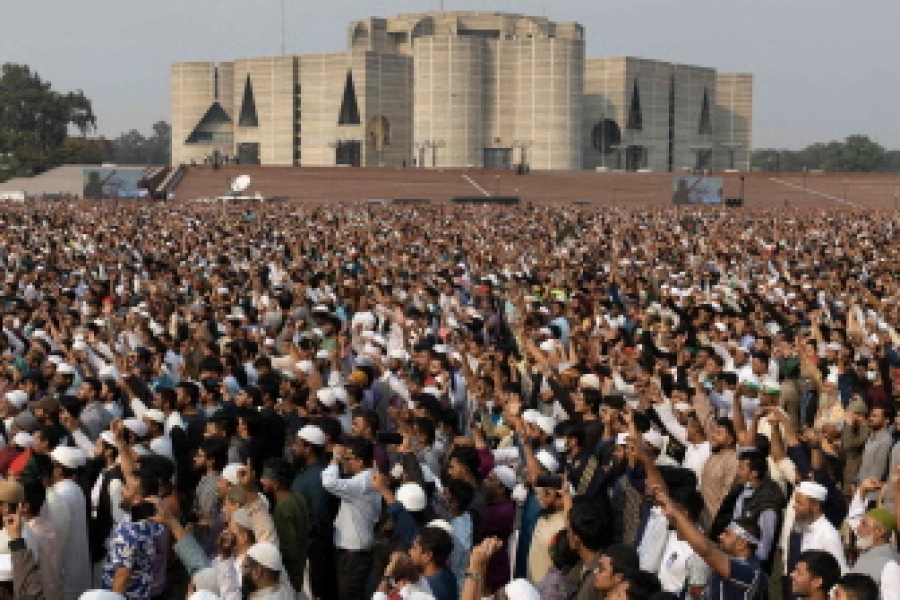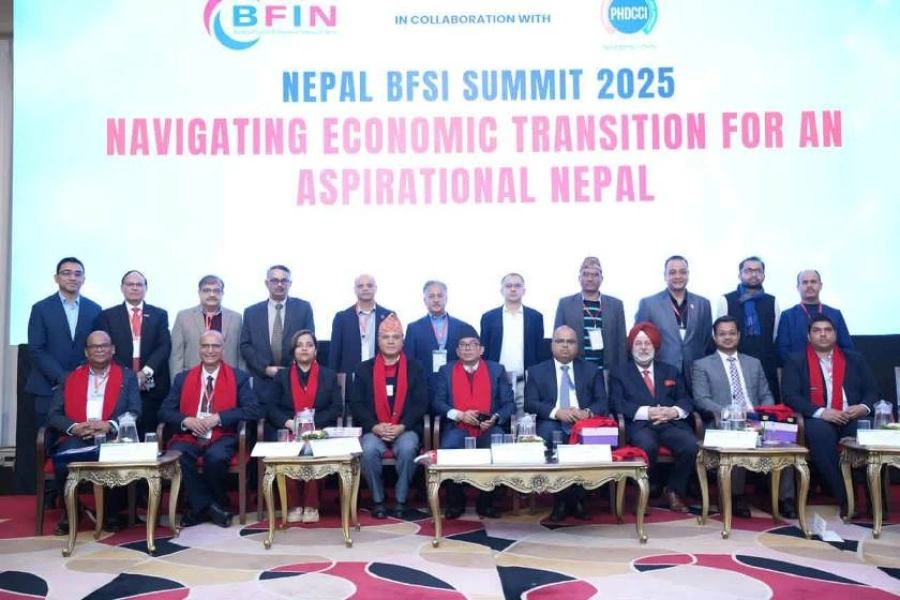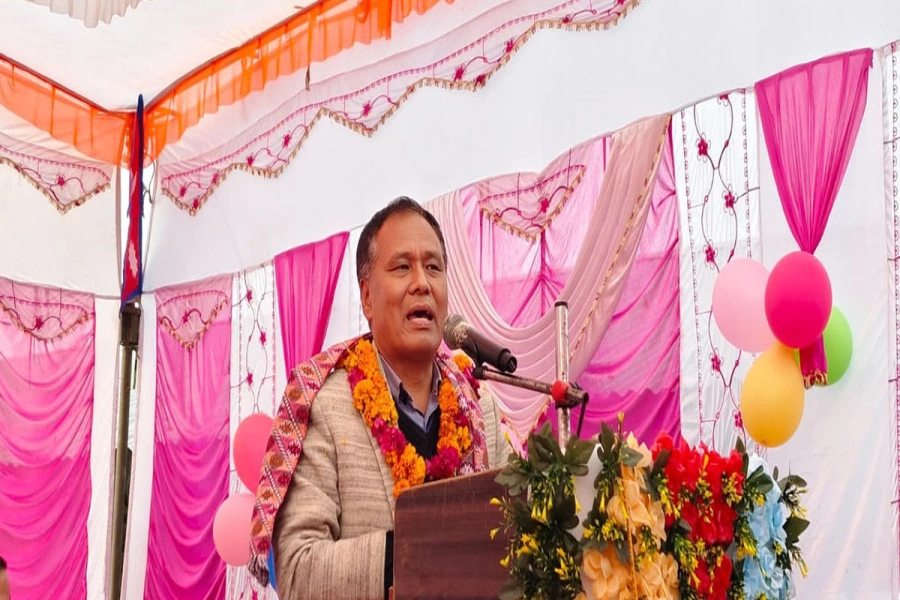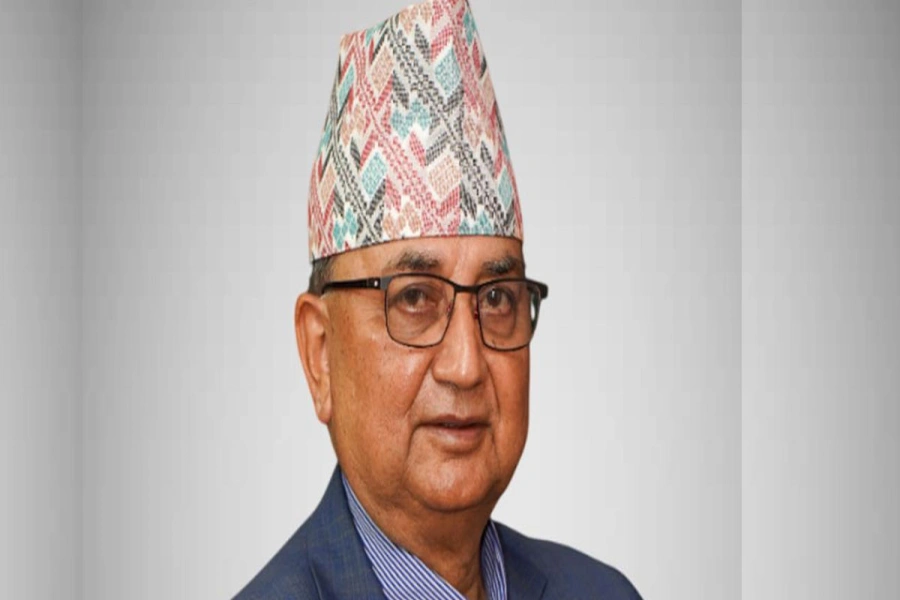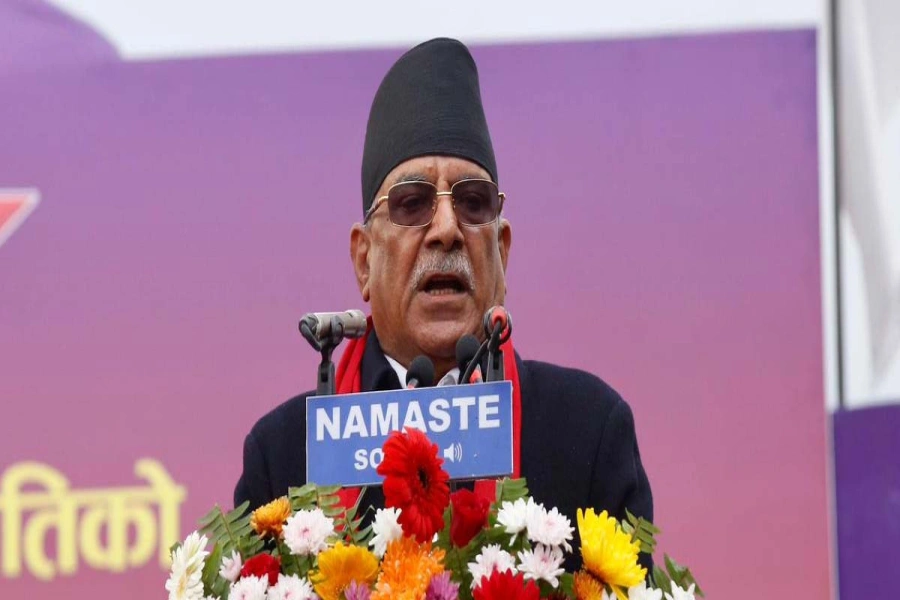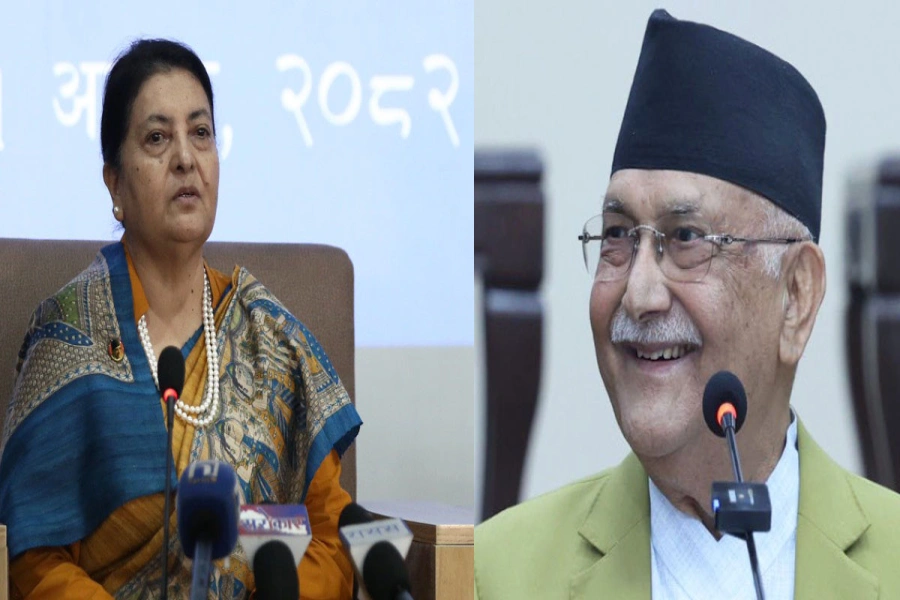When a life ends because of suicide, we as a society fail collectively. If we look around however, when a tragic incident as such happens we see a tendency of a larger section of the population trying to find one villain in the story of the deceased who might have led them to such a path or who probably is the person behind the death. All of sudden many conspiracy theories start floating and people start adorning the hat of detectives and prosecutors. But can we take some time to take a step back and reflect for a moment? Reflect on why suicide rate in our country has escalated by 72% in last decade? Why 19 Nepalese die by suicide every day?And most importantly what part are we playing in such larger picture of tragic loss?
There probably could be some incident that might be triggering someone to take such drastic step and not every person who dies by suicide might have a history of mental health ailment. One has to go through severe mental distress and pain for them to take a step as such. As a survivor of suicide myself, I can tell the pain one is going through around the time they take such decision. In my own case, I can say it was not an act to end my life but to end my pain. And news flash! There was no one specific villain in my story of self-harm but a series of incidents, a series of painful experiences that I faced living in this society with problematic culture and practices over the time did affect my mental health to a larger degree. So what are these "cultures'' and what shall be done from our side to revisit them so that we can at least help save some lives?
Sensitivity and vulnerability seen as weakness
Blame it on the corona

Sensitivity is a trait people rarely take pride in. "I feel too much." This is what I myself have said many times even while talking to my close friends. As if it is something that I need to work on to not be a nuisance to others. In the context of Nepal, especially if a person says that they are sensitive, people tend to see them as someone who might get angry or offended or sulk over anything said to them. Sensitivity however is about being able to process any information deeply and elaborately (as said by clinical psychologist Genevieve von Lob while talking about highly sensitive people). This trait of feeling deeply can also be an asset to the society as people with higher sensitivity are more intuitive and carry stronger traits of empaths. While sensitivity is about processing and feeling, vulnerability is about expressing those feelings. However, in our society where stoic nature is rewarded as a sign of strength, sensitivity and vulnerability are considered weaknesses. This applies even more strongly when it comes to men. They are asked to toughen up any moment they express their feelings or get emotional from the early days of their childhood. As a result they keep their feelings, their problems to themselves and many times suffer because of that. Also it is to be mindful that we are listening to a person properly when they are getting vulnerable or sharing something personal or important. Are we listening to understand them or are we just waiting to give suggestions any moment we get? Let's think about this so that next time when someone thinks of opening up to us they do not come with this feeling of being a nuisance.
Toxic work culture
"Hard work is the key."All of us have heard this statement in our lives and yes for sure to reach our goal we do need to give our best. We need to be honest with our work and give it the best of our capability. The problem arises however when we are asked to go way above and beyond our limits and forget ourselves and our wellbeing in the process. When the culture of hard work turns into a toxic hustle culture where we are discouraged to take breaks and rest in between, it leads to mental breakdown. In January 2023, Delhi court identified death caused by overwork as a social problem after hearing a plea on case where deceased was said have committed suicide after she was not heard when she made complaint about the toxic work culture. In 2021, Forbes reported on how China's toxic work culture emphasizing overworking has been causing deaths and suicides. These are the examples from our neighboring economic giants that have greater cultural proximity to us and yes such hustle culture can be seen practiced here too. While I was doing my bachelors here in Nepal, my academic work was everything to me to the point I would skip meals and sleep only for 2 hours some days. And I would get rewarded in the form of good academic scores and recognition of work. But by the time I graduated, my stomach health was already taking a big toll. I graduated in 2016 and in 2017, I was diagnosed with stress induced IBS (irritable bowel syndrome). For the whole year, I barely could eat anything that would not cause discomfort in my body. It did not end there. By the time I was in the middle of my master's degree I got burnt out and was diagnosed with depression. And when I started recovering from depression and decided to go back to the workforce, I ended up in an organization setting which severely lacked a culture of work-life balance. In the end, to protect my finally recovering mental health, I had to leave the job. This unfortunately is the reality of many organizations here, even those working for justice and equality.
People with mental health ailment seen as liability
Opening up about one's mental health struggle to anyone itself is a difficult task as it comes with a fear of not being understood but it gets even more challenging when your job is at stake. In a survey conducted by TalkOut, an institution of speech and language therapy in UK, 51 per cent of managers admitted of considering employees with mental health issue to be a liability, 65 percent of them thought talking about mental health struggle at work place is a sign of weakness and 84 percent of both surveyed managers and employees thought one will be risking their chance of promotion if admitted mental health issues. Likewise, 68 per cent of employees thought their job will be impacted if they share about their mental health struggle to their boss (People Management UK, 2019). This data is self-explanatory. While it is based in the UK's context, can we really say it to be not the case here? When I told my psychiatrist here in Nepal that I have started applying for jobs and that I want to be open about my mental health situation to the recruiters so that I can set my boundary pre hand to protect myself from risk of being overworked, she suggested me to do it only if I sense that the person is open minded when it comes to mental health issue. So, in such a context how can one feel safe, supported, understood and not like a burden in their workplace?
All the points shared above are concerned with our collective outlook on life and values we shared while navigating it. The culture we preach consciously and unconsciously in our life can affect how people see themselves in the larger picture, whether they see themselves as failure or weak or a liability to others. So are we as society ready to create a space for everyone where life does not feel like a chore and a world full of 7 billion people does not feel like a lonely place?




